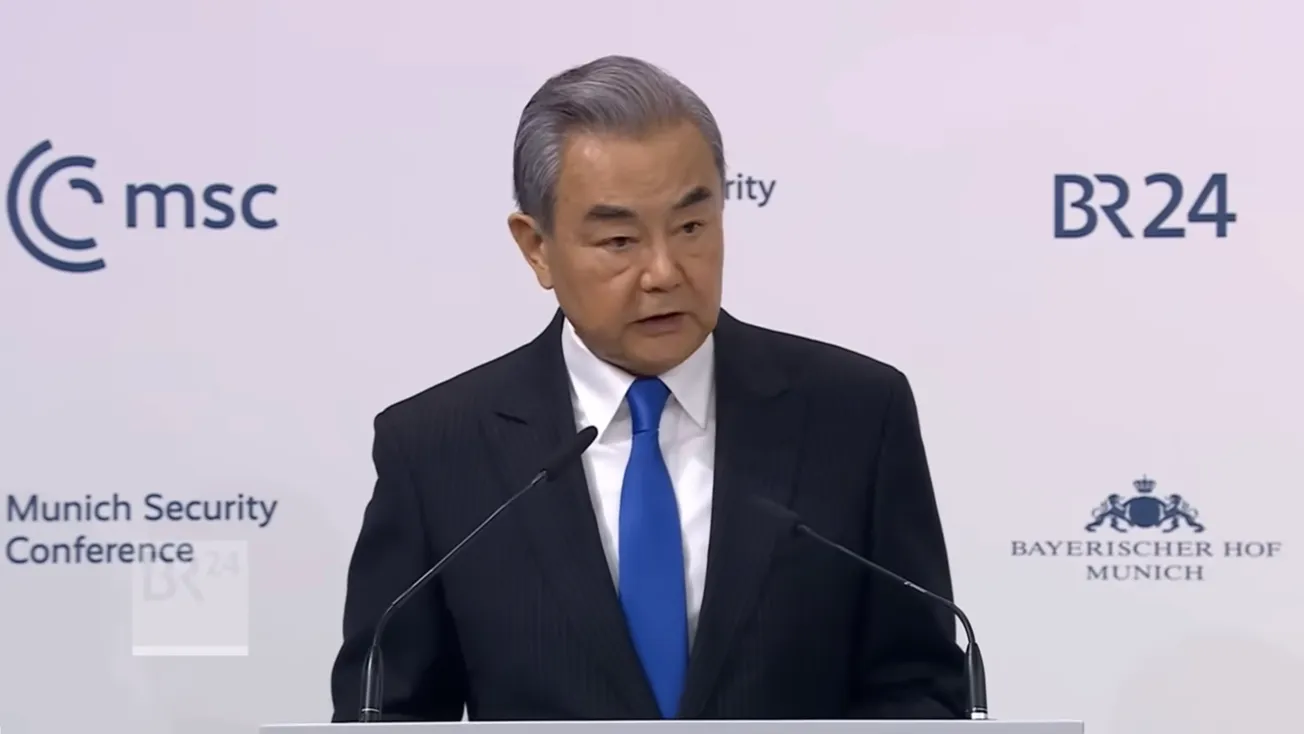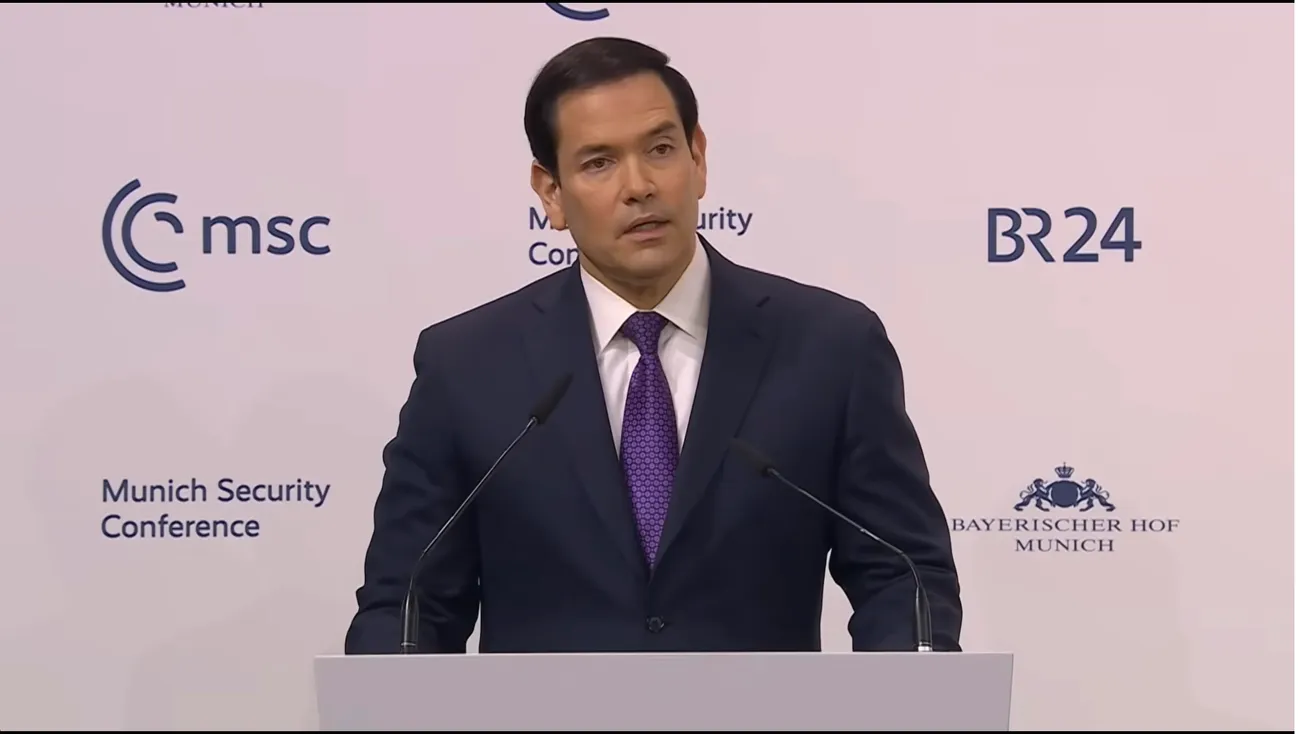“A Way Out for Argentina” is the title Monitor Mercantil’s editor Marcos de Oliveira put on his Sept. 5 report on the Schiller Institute’s just-released emergency program for Argentina. The Schiller Institute, “a political and economic think tank based in Germany, founded by Helga Zepp-LaRouche, widow of U.S. economist Lyndon LaRouche,” has presented seven emergency proposals as a way for Argentina to overcome its serious crisis, he reported.
Rio de Janeiro-based Monitor Mercantil has been respected as an independent source of financial, economic and business news since its founding in 1912. Its editor featured the Schiller Institute’s message that the BRICS offer “a way out for Argentina resisted by the City and Wall Street,” and that what is at stake may be more than just Argentina’s future, but it “could also decide the fate of the BRICS” itself—a message of obvious importance to BRICS-member Brazil.
Among the quotes de Oliveira includes from the document, is its reference to the Wall Street and City of London financiers’ presidential candidate for Argentina, Javier Milei, as the “Zelenskyy of Argentina,” and he adds: “Among his crazy and other ultra-neoliberal proposals—which scare even Brazilian neoliberals—Milei has sworn that he will pull Argentina out of the BRICS, break ties with China, Russia and most neighboring countries and adopt the dollar.”
De Oliveira summarizes the seven emergency proposals (debt moratorium, capital and exchange controls, fixed exchange rates, emergency government funding for poor Argentines and businesses; nationalize the Central Bank and re-establish it as a bank that issues low-interest, productive credit in pesos; price controls; and expanding trade in national currencies with BRICS members and other friendly nations). In addition to these proposals, “the Schiller Institute also advocates major infrastructure projects as a way out for Argentina in the long term,” he concludes, without detailing the physical economic projects identified in the emergency program.



